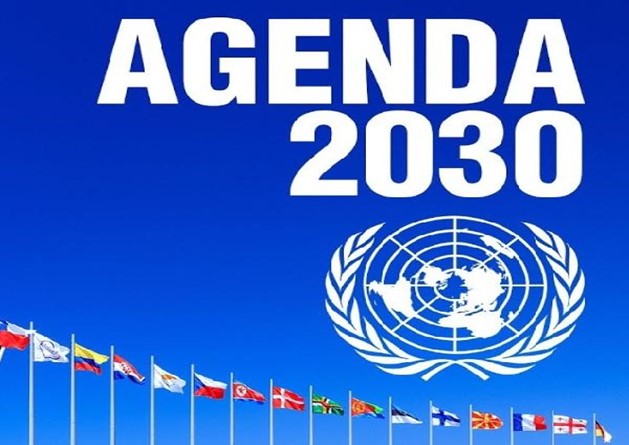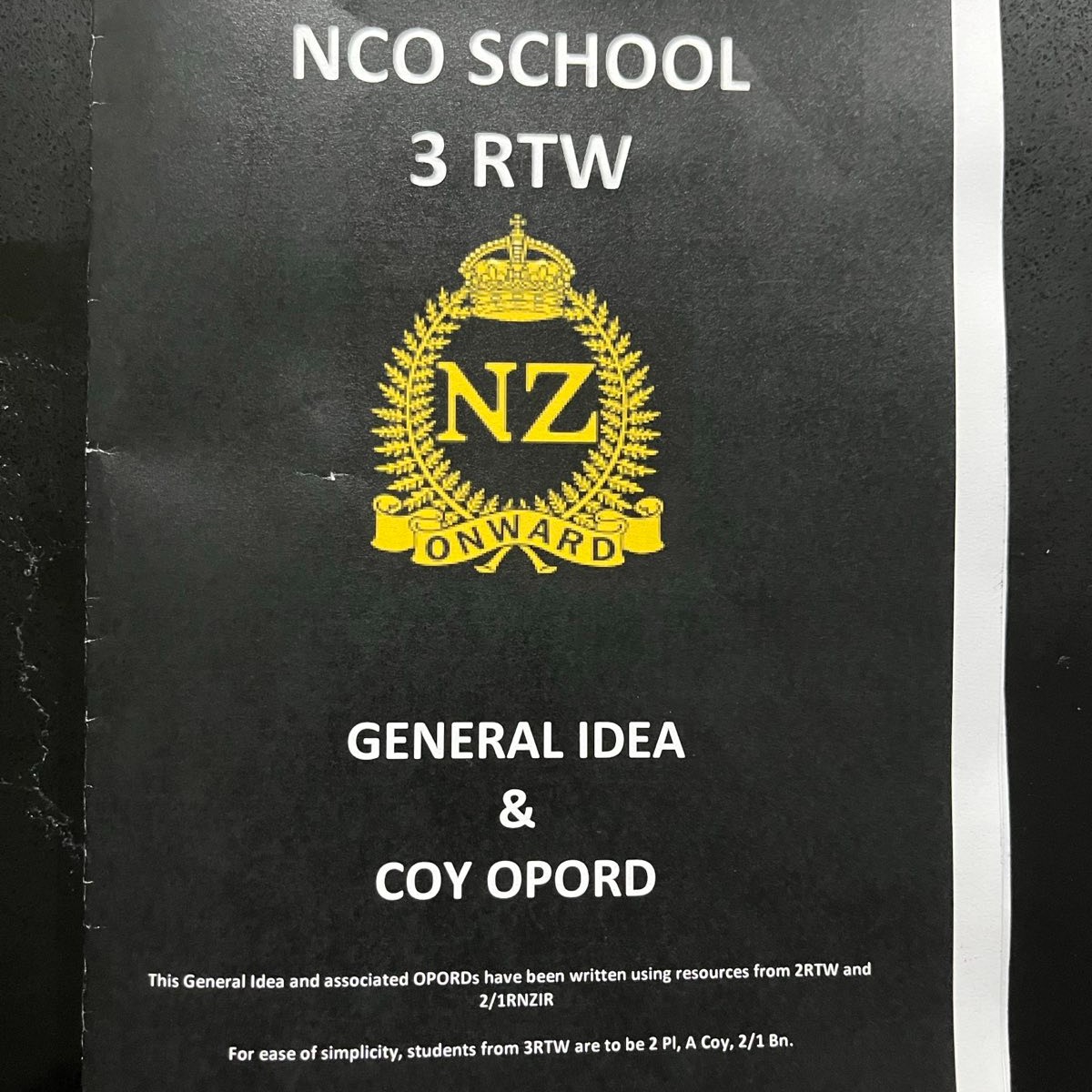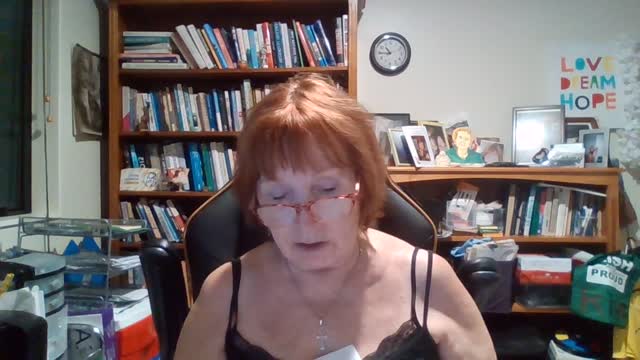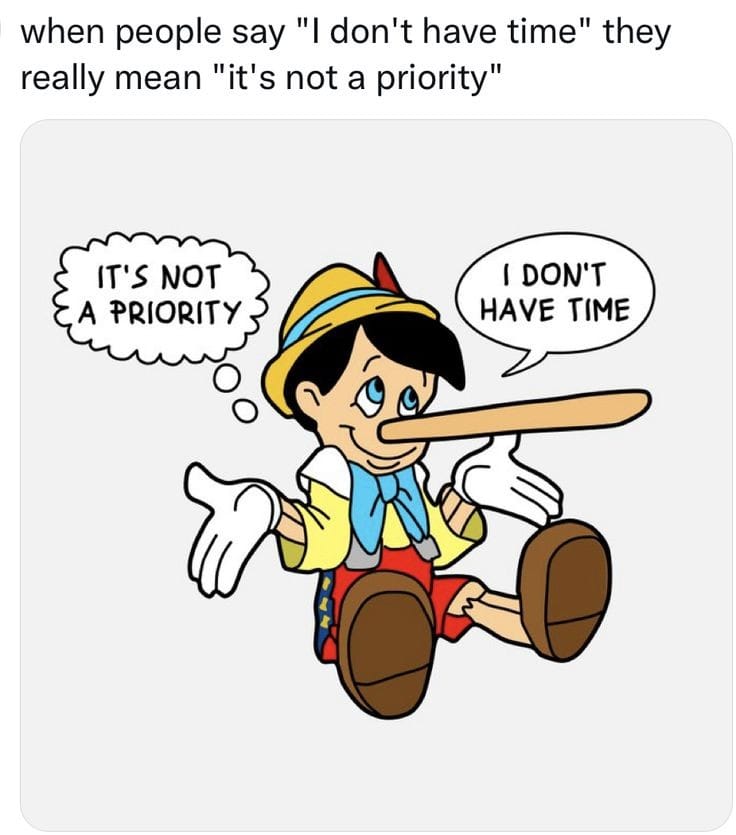
NEW ZEALAND’S ROAD TO UN AGENDA 2030
AN INTERESTING ARTICLE AUTHOURED BY: Brian Aiken November 16, 2020
Last year, Prime Minister Jacinda Ardern was a guest speaker at a private gathering in New York hosted by Bill & Melinda Gates.
She told the audience that New Zealand took the lead under her control and incorporated UN Agenda 2030 into our legal and regulatory framework.
“… My government is doing something that many other countries have never tried. We will incorporate the principles of the 2030 Agenda into domestic policymaking and promote system-level action. I want … I believe that the change in approach adopted in New Zealand is needed on a global scale … “
The event was arranged by the goalkeeper, an organization founded by the Gates Foundation in 2017 to accelerate progress towards the 17 Sustainable Development Goals of the United Nations Agenda 2030.
Melinda Gates told the audience in an ardent introduction to Jacinda Ardern that the Prime Minister “announced an international human rights program that promises New Zealand to lead, among other things, gender equality and the empowerment of women and girls.” It was.
She described our Prime Minister as “a true international leader who understands that the future of the world depends on eliminating inequality.”
It’s a shame that Jacinda Ardern wasn’t very positive about New Zealanders when he decided to follow the path of this experimental Agenda 2030. Most kiwis will not be completely aware that we have not only adopted UN doctrine, but are also world leaders in gender equality and empowerment of women and girls.
The Government of Ardern does not hide the fact that it is working to implement the United Nations Sustainable Development Goals, but it is open and transparent on the agenda that underpins those goals and the policy implications of “eliminating inequality.” There is no doubt that it is not.
Agenda 2030, not by name, was featured in the 2017 Confidence and Cooperation Agreement between Labour and Greens. Instead, both parties have committed to the 17 Sustainable Development Goals that underpin Agenda 2030.
“The Greens support a transformative government that implements the United Nations’ 17 Sustainable Development Goals. During this parliamentary term, the Greens set many priorities to promote the implementation of the Sustainable Development Goals. The Labour Party-led government will share and support these priorities. “
And that’s the way the Labour-led government has followed the country in the last three years.
This made Jacinda Ardern a child of the poster for Agenda 2030, the United Nations blueprint for modern socialism, but New Zealanders found that we were used as guinea pigs in international socialist experiments. Almost unaware.
In a speech at the 2018 International Conference on Sustainable Development in New York, the Prime Minister expressed his intention to lead the world by fully incorporating the Agenda 2030 Sustainable Development Goals (SDGs) into domestic affairs. It was. Other countries have done it before and have incorporated indicators like the SDGs into everything we do. “
She said the government no longer relies on traditional progress indicators such as “economic growth” and instead introduces new experimental indicators. “… establishing a whole new indicator of national achievement beyond growth … the standard of living framework we have created a tool called. It has the concept of sustainable intergenerational well-being. At the heart of various decision-making processes – policy advice, government spending, and long-term management of our assets.
“Our statistics department is working on an ambitious project called Indicators Aotearoa New Zealand, which aims to create a comprehensive set of indicators of New Zealanders’ current and future well-being. . Economical, cultural, social and environmental.
“These new tools will help us achieve and monitor the achievement of goals like the SDGs. The first test of this new approach will be early next year. At that time, we will use these new tools and new approaches. We provide the first budget. We call it the Happiness Budget and are not shy about investing in alternation of generations … “
Just before the 2019 “welfare” budget was announced, the Prime Minister explained to a New Zealand business audience what the new approach of the government would entail. “Economic growth is important and we continue to pursue, but that alone is the standard of living for New Zealanders … This year, the new well-being budget will allow us to lay a strong foundation for both our country and our people. I hope we can do it.
The mainstream media doesn’t seem to focus on Jacinda Ardern’s commitment to Agenda 2030, which is not surprising given the imbalance.
This week’s NZCPR guest commentator, Dr. Oliver Hartwich, Chief Executive Officer of the New Zealand Initiative, explains how difficult it is to speak openly to the government, especially in this country.
“Our small population fosters social adaptability that makes it difficult to speak our hearts. We cannot afford to burn the bridge because of the two gaps.
“Most of us no longer doubt whether it is based on reality, and anyone who does so is called non-patriotic and trivial, so risk falling apart. Please let me do it anyway. “
Dr. Hartwitch is particularly critical of housing-related policy failures. As he says, if there’s one thing New Zealand doesn’t lack, it’s space to build a house. Still, the high cost of the New Zealand section, combined with excessive bureaucratic planning and excessive building regulations, has led to the “most expensive” housing market in developed countries.
The lack of affordable housing has been such a scandal for many years, and successive governments have prioritized fixing it. However, it is of little use, so the ideological framework that caused the problem in the first place is well established.
The housing crisis originated in Agenda 21 of the United Nations, the predecessor of 2030, and has had a major impact on New Zealand’s private property rights for over 20 years. Designed to prevent “urban sprawl,” “smart growth” policies are being imposed by council planners above and below the country, creating a serious shortage of residential land. The impact is clear – higher section prices contributing to the current home affordability crisis.
Agenda 21 was founded by the United Nations in 1992, dating back to the first Earth Summit in Sweden in 1972. Based on the idea that humans are destroying the earth, we are trying to control our lives with sensible sounds. Reaching a “Sustainable Development” Policy Mechanism – Meet the needs of current generations without compromising the needs of future generations.
When the United Nations updated Agenda 21 to Agenda 2030 in 2015, they highlighted 17 Sustainable Development Goals to manage every aspect of our lives. From the end of poverty to the intensification of cities and the elimination of inequality, the United Nations has planned it all.
The following summary of Agenda 2030 goals from the United Nations website does not justify the complexity of the proposed restrictions. Learn more about.
– Goal 1. End all forms of poverty
– Goal 2. End hunger and promote sustainable agriculture
– Goal 3. Ensuring a healthy life and promoting well-being for all ages
– Goal 4. Ensuring comprehensive, equitable and quality education
– Goal 5. Achieve gender equality and empower all women and girls
– Goal 6. Ensure sustainable management of water and sanitation
– Goal 7. Ensuring access to sustainable energy
– Goal 8. Promote sustainable economic growth and decent work for all
– Goal 9. Promote comprehensive and sustainable industrialization
– Goal 10. Reduce national and domestic inequality
– Goal 11. Make cities and human settlements sustainable
– Goal 12. Ensure sustainable consumption and production patterns
– Goal 13. Take urgent action to combat climate change
– Goal 14. Sustainable use of the ocean
– Goal 15. Promote sustainable use of terrestrial ecosystems and stop biodiversity loss
– Goal 16. Promote inclusive societies and institutions for sustainable development
– Goal 17. Strengthen global partnerships for sustainable development
The UN concept was big and bold. They wanted a change in which every sector of society needed to mobilize 10 years of action. “To secure greater leadership, more resources … the necessary transitions to governments, cities, local governments … and include youth, civil society, the media, the private sector, trade unions, academia and other stakeholders. People’s actions create an unstoppable movement that drives the necessary changes.
At the heart of Agenda 2030, it is the “climate emergency” that justifies the need for “urgent” action. It is used to justify more regulation and control, claiming that humanity is destroying the planet. As a result, wildfires, droughts, floods and storms are all advertised as “evidence” that the global warming Armageddon is imminent. And it can only be avoided if countries take action to achieve UN goals, such as the redistribution of wealth. Poor countries.
In fact, this is the new face of socialism. The first is Agenda 21. Currently it is Agenda 2030. Next is “Agenda 2050”. For a new era socialist like Jacinda Ardern, “equality” is by no means equal enough, so it never stops.
Old school socialism fought the working class against the ruling class, but under the fundamental premise that exploiting the poor makes the rich richer, socialism is now in the struggle for equality. I changed my appearance. The underlying premise today is that it is fair to take from those who have it and give it to those who do not.
It has evolved into an obsession with equality of wealth, rather than all the most important principles of equal opportunity.
It’s a matter of dividing the country now. But the difference between New Zealand and most other counties is that there is no public debate here. We are transforming into a socialist country, but there is no full disclosure by the politicians driving this fundamental change.
There was no effective media investigation into these developments, nor was there an effective scrutiny from opposition politicians.
As a result, as Dr. Hartwitch points out, it is becoming increasingly difficult to discuss these issues freely. Especially now, the media is very openly biased to the left. In fact, it is our society that the Fourth Estate, once a guardian of truth, is now part of the problem and that much of the media has crossed the line from critical analysis and fact reporting to politics. It’s a tragedy for me. Advocacy.
Given the current lack of a balanced view, access to information has never been easier, but access to the truth has certainly never been more difficult. It’s ironic.
Behind the smile lies the most radical socialist government in our history, with the Prime Minister intending to incorporate the purpose of the world’s most socialist organizations into our policy and legislative framework. There is no doubt that it is.
To fight back, you need to start calling out what socialism is, but to call it out, you first need to lift the veil to find out what’s going on.
Next, we need to decide whether we want to be a socialist society that gives from those who achieve it to those who don’t, or whether New Zealand aims to be an opportunity society where everyone has a chance to improve. Myself and my family.
In other words, should New Zealand follow the path to socialism under the United Nations Agenda 2030, or should we respect people’s individualism and freedom and ensure that they have the opportunity to move forward? ??
In the latter case, by the time of the next election, we have a lot to stand up and speak together!
New Zealand’s Road to UN Agenda 2030
Source link New Zealand’s Road to UN Agenda 2030
LINK: https://eminetra.co.nz/new-zealands-road-to-un-agenda-2030/80172/
-
-
Friday - November 5, 2021 - UN Agenda’s 21/2030
(78)





Leave a Comment